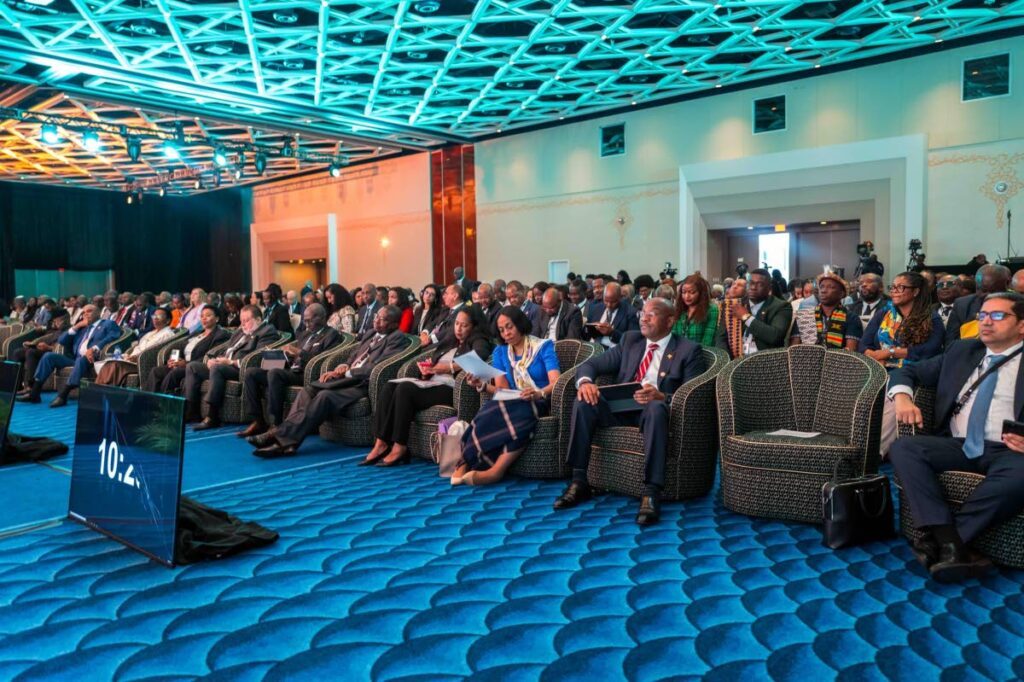Tap into pan-African banking

AMID UNCERTAIN times, the more financial support available for bolstering economic activity the better.
For this reason alone, it is worth reconsidering the potential role to be played by institutions such as the African Export-Import Bank or Afreximbank.
The bank, headquartered in Cairo, Egypt, is a multilateral financial institution set up “to stimulate a consistent expansion, diversification, and development of African trade while operating as a first-class, profit-oriented, socially responsible financial institution.”
Established in 1993, it has more than 50 members and US$32.82 billion in assets.
Antigua and Barbuda, Barbados, Dominica, Guyana, St Kitts and Nevis, St Lucia, St Vincent and the Grenadines, Suriname and the Bahamas are among the Caricom member states that have signed on to partner with the bank in recent years.
Its annual general meeting, convened this month in the Bahamas, was attended by the likes of US actor Viola Davis, who spoke about her wish to partner with the institution as she seeks to produce art that widens storytelling.
This country, it is understood, has been in talks to follow in the footsteps of its Caricom neighbours.
However, sticking points have reportedly emerged, some relating to the terms and conditions to be enjoyed by banking officials stationed in this country.
While the details have been slim, it is difficult to see how such issues, though important, override the potential value of having more trade and project financing, export support and guarantees available.
A more substantial sticking point, however, would be reports this week in which analysts expressed concerns about possible credit-status downgrades of Africa’s smaller development banks by ratings agencies because not enough concessional loans are being granted to justify preferred status.
At a moment shaped by a historic concern about high levels of liquidity and low levels of investor buy-in, a state with a stake in banking is also likely to be mindful of competition.
We need regional banks, but such banks may very well also need us.
The goal, of course, in the end should be to place as many competitive options as possible on the table for all and to make good on historic ties.
This must occur in the context of national and multi-national systems of checks and balances that are transparent and robust.
The Prime Minister has expressed a willingness for Afreximbank to operate here in principle, but the failure to close the deal is a signal that the idea of cross-border co-operation with African and Asian countries, like Ghana and India respectively, is a more difficult task than simply signing on to deals and attending ceremonies.
Even with individual projects – whatever their merits or lack thereof – in train, it is already clear many obstacles to deepening pan-national ties remain.
Not the least of which is a general unfamiliarity with diaspora organisations, institutions and facilities notwithstanding a potential US$1.8 billion in trade between Africa and the Caribbean alone.
But we should become more familiar. If we are serious about diversification, our gaze must shift.


Comments
"Tap into pan-African banking"